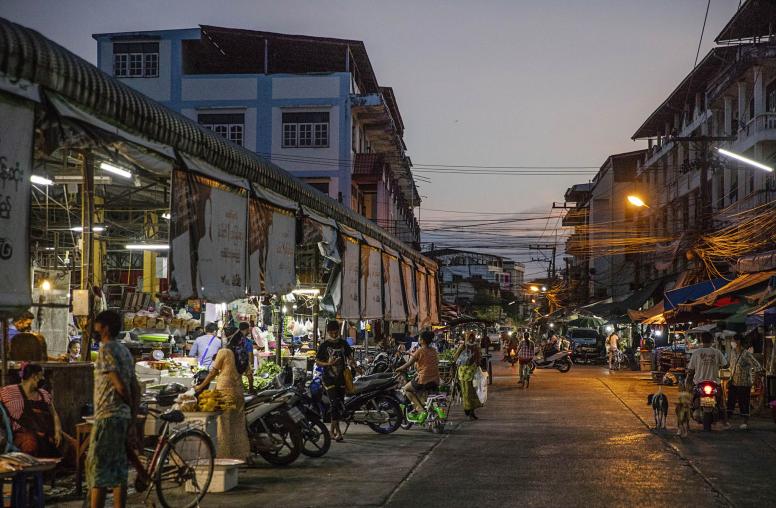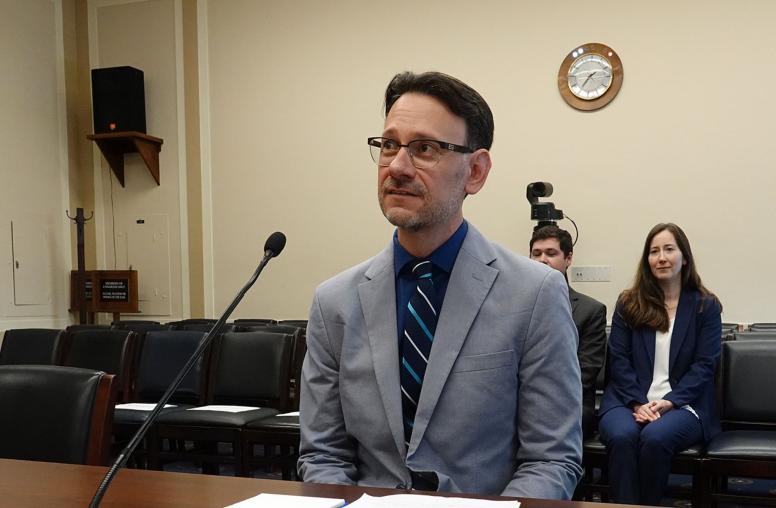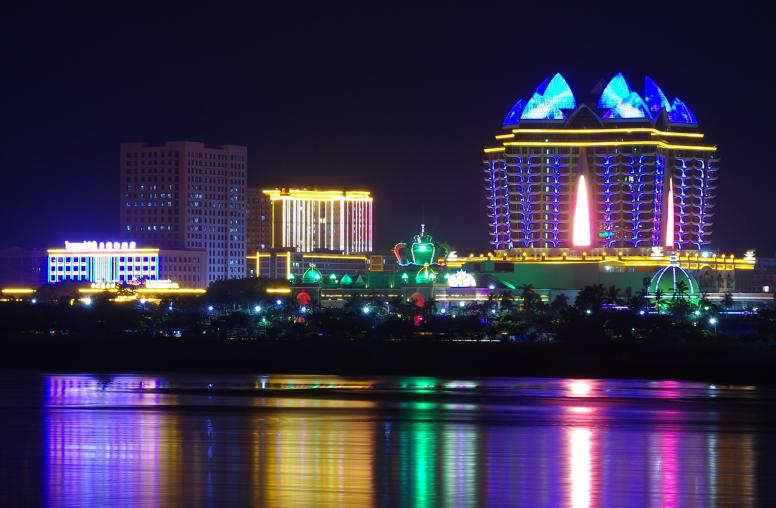Cambodia’s Paris Peace Accords: 25 Years Later
Lessons Learned and Work Still Needed to Build Stability, Democracy
Read the ReportCambodia’s 1991 peace accord launched a process of cease-fire, peacekeeping and rebuilding that stabilized the country, but left deep wounds still unhealed from the 1970s genocide and decades of war. The Cambodian peace process was one of the first of its scale undertaken by the international community after the Cold War—and a quarter-century of work to implement it offers lessons for current and future peacebuilding work, both in Cambodia and worldwide.

Since a political crisis in 2013-2014 over disputed elections, analysts also have debated how the country can consolidate democracy and advance reconciliation before the next national election, 20 months away. On December 15, USIP will host a discussion on the Paris Peace Accords of 1991, the state of their implementation, and the path ahead for the country's 15 million people.
On December 15 at USIP, two panels discussed how the accords were achieved, political tensions since then, lessons that might be drawn from Cambodia's experience for other peace processes, and what role the international community might play going forward to preserve the peace and the intent of the accords.
Agenda
9:00-9:15 Opening Remarks: Nancy Lindborg, President, U.S. Institute of Peace
9:15-10:30 - Panel 1: Lessons
- Ambassador Mark Storella, Deputy Assistant Secretary, Bureau of Population, Refugees and Migration, U.S. Department of State
- James A. Schear, Global Fellow, Woodrow Wilson International Center for Scholars, Visiting Professor, Peacekeeping & Stability Operations Institute, U.S. Army War College
- Priscilla Hayner, Transitional Justice Scholar
- Moderator: Ambassador Derek Mitchell, Senior Advisor, U.S. Institute of Peace
10:45-12:00 - Panel 2: Implementation
- Thun Saray, President, Cambodian Human Rights and Development Association (ADHOC)
- Brad Adams, Asia Director, Human Rights Watch
- James Turpin, Human Rights Officer, Office of the United Nations High Commissioner for Human Rights
- Moderator: Scott Worden, Director, Afghanistan and Central Asia Programs, U.S. Institute of Peace



